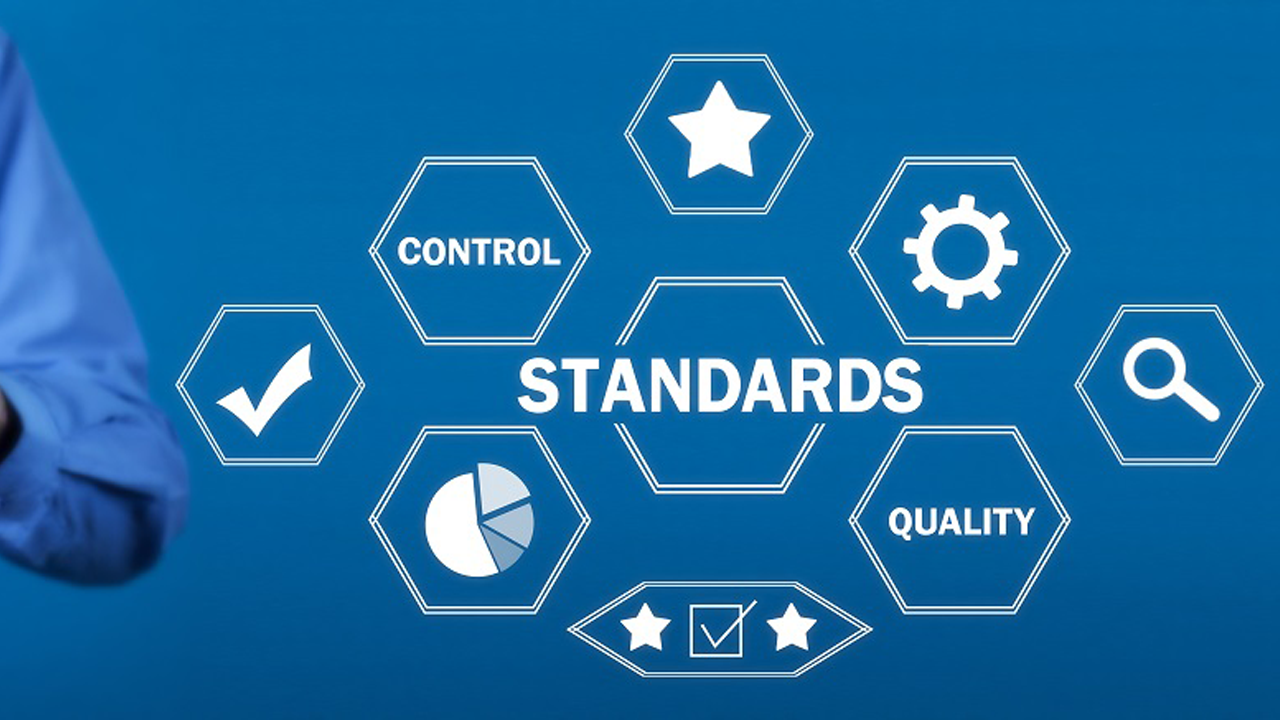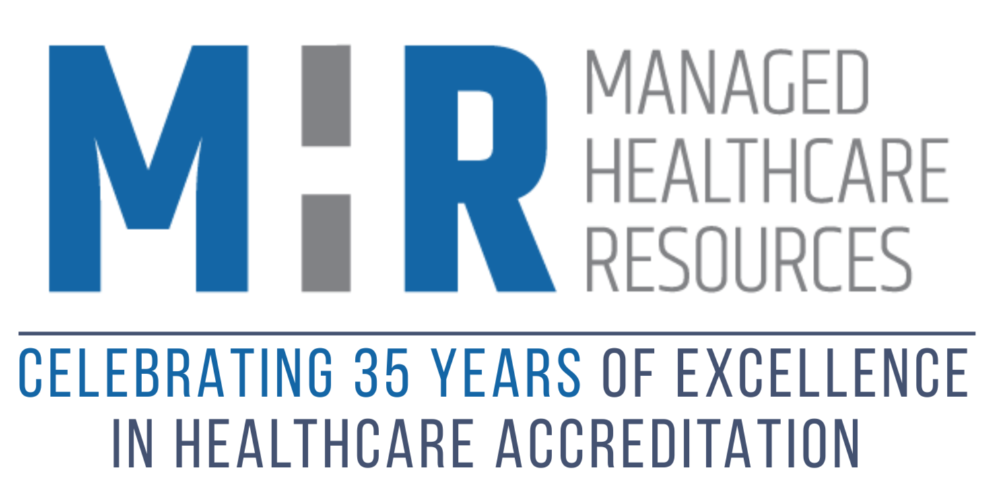
NCQA’s standards are evidence-based best practices that serve as a comprehensive framework for quality improvement, regardless of the organization’s size. When NCQA standards are integrated across an organization’s structure, lower costs, and higher quality, safety and satisfaction can result, thereby building value. MHR’s Independent Consultants are experts in the application of NCQA standards for accreditation and certification for the diverse types of organizations we serve. Their professional advice can save you time and costs and guide you to achieve higher survey scores.
Getting the most value from NCQA Accreditation involves expert knowledge of requirements, integrating best practices throughout the organization, maximizing the use of data as a guide, and using process improvement to detect and improve upon gaps in compliance.
- Know the NCQA standards in detail.
Knowing the standards in detail is essential, particularly those most impactful to high-quality outcomes and the care of individuals. These standards include complex case management, complaints and appeals, denials, credentialing, system controls, analyses, file reviews, and delegation, which emphasize must-pass elements, critical factors, and higher point values.
- Take, for example, complex case management (CCM), which is a significant part of the Population Health Management (PHM) standards. If a health plan misses all CCM file review points, it could lead to a corrective action plan (CAP).
During MHR’s Training sessions, you learn how to understand the impact of scoring concerning your product lines, data sources, look-back periods, and detailed explanations. Providing resources for training on NCQA demonstrates an organization’s commitment to healthcare quality and its team’s well-being.
- Integrate NCQA best practice standards across your organization’s structure.
NCQA consults with leaders in health plans, the industry, and member advocate groups before developing and publishing the standards as best practices, ensuring awareness of evolving changes in healthcare and legislation.
When organizations recognize NCQA as the foundation for its healthcare quality framework, then integrating these standards helps build value.
- Identify a quality champion for the use of NCQA standards as your organization’s quality improvement framework.
- Become more efficient by using the framework of standards, elements, factors, and explanations as your roadmap.
- Within your documented processes assign accountability at all levels and in all impacted departments.
- Consistently use NCQA standards for high-priority functions such as issuing approvals, denials, appeals, and credentialing practitioners and providers.
- Get the most out of the effective use of technology built into standards, such as:
- pharmacy benefit information, access and submission of pharmacy exceptions, self-service for ID cards and identifying cost of services, emails to member services, data analytics, controls for access to data, and sharing of electronic data.
- Maximize the use of data.
Leverage your data in developing a consistent cross-functional approach to analysis. For example:
- Integrate data on complaints and appeals for medical and behavioral healthcare with requests for and utilization of out-of-network services for network adequacy to prompt early recognition of unsafe access to care issues.
- Use data gleaned from population health management, quality improvement, and HEDIS to help ensure programs, activities, and individualized care plans are targeted appropriately.
- Evaluate member satisfaction with health plan practices from data on repeat customer service inquiries.
- Assess for any gaps in requirements.
Know your organization’s status on compliance with the high-priority standards. Your accreditation status could be negatively impacted if gaps are detected and not addressed promptly. In addition, annual gap analyses are needed due to NCQA’s periodic updates. Even one word can make the difference between being compliant and non-compliant.
Organizations receive a non-biased view of its gaps and priorities, enabling it to work more efficiently on tasks and helping to reduce administrative costs when a Gap Analysis is performed by Independent Consultants who work with MHR.
Because many of the consultants who work with MHR are NCQA surveyors, they are trained by NCQA on the application of the standards. MHR consultants who are non-surveyors are trained on the NCQA application of the standards to promote consistency in gap identification, no matter who is conducting the gap analysis/readiness assessment.
Many organizations’ staff know the gaps in the standards and use the MHR consultants to leverage change within the organization and communicate priorities and allocate resources to achieve.
What we have discussed so far on the value of NCQA Accreditation is:
- NCQA standards align with shared goals of improving health outcomes, member experience, costs, and provider/team well-being.
- NCQA Seals are a symbol of an organization’s commitment to high quality healthcare.
- NCQA’s standards are evidence-based best practices developed by experts in the field.
- Organizations that implement NCQA standards are more likely to achieve higher value from lower costs, and higher quality, safety, and member satisfaction.
- A critical process in NCQA preparation is assessing your gaps in high-priority requirements and making changes timely.
How to say it?
- NCQA’s standards are evidence-based practices that help our organization increase value by being more consistent, effective, efficient, and innovative.
- To get the most value from NCQA, our preparation involves knowing the standards in detail, integrating best practices across the organization, maximizing the use of our data, and knowing our gaps.
Call to Action:
- Review the most common reasons organizations lose points in a survey
- Schedule Training to help ensure you know the detail behind the standards.
- Contact MHR for a Gap Analysis



